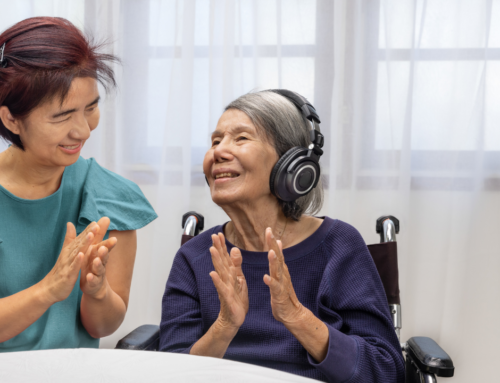Share This Story!
Differentiate Between Alzheimer’s Disease And Dementia
The two terms Alzheimer’s disease and dementia are often used interchangeably. However, both have entirely different meanings. One is a disease, while the other is used as a general term. Dementia is a broad term that describes impairment of the brain, which impairs the ability to perform daily activities. Alzheimer’s is a type of dementia where the brain undergoes degenerative changes due to damaged brain cells.
Dementia types
Dementia occurs due to a disease or other factors that do not have a specific cure. Alzheimer’s is the most common type of dementia. Almost all the different dementia types interfere with a person’s ability to execute their daily life activities independently. Types of dementia include Vascular Dementia, frontotemporal Dementia, Lewy body dementia, Parkinson’s disease dementia, Huntington’s disease, Creutzfeldt-Jakob disease, and mixed dementia.
Symptoms of dementia
A person with dementia experiences levels of deterioration in cognitive function, and there is impairment in memory, thinking, and reasoning. The severity of dementia ranges from mild to severe, where a person is entirely dependent on others. Symptoms include memory loss, confusion, poor judgment and decision-making, poor balance, and unable to speak, read, write, or understand others. Other symptoms include getting lost in a known environment and taking a lot of time on daily tasks.
Alzheimer’s disease overview
Alzheimer’s disease is a progressive neurological condition that causes changes in the brain cells. The condition usually occurs in older adults of 60 years age and older. The cause is unknown, but a few risk factors include age and family history. A person experiencing Alzheimer’s will have memory issues initially, and one may have other signs such as poor judgment, personality changes, misplacing items, and the inability to perform daily tasks.
Getting support
The neurological disorder is diagnosed by conducting a detailed medical history and physical examination, and various diagnostic tests. The treatment is given based on the type of dementia diagnosed; however, the most critical aspect is getting support. Having support from family, friends, or even a caregiver positively impacts both the caregiver and the individual. Maintaining a healthy lifestyle with a balanced diet and engaging in social activities improves overall well-being. Finally, contacting a healthcare professional or joining a support service or group is advisable whenever the need arises.





